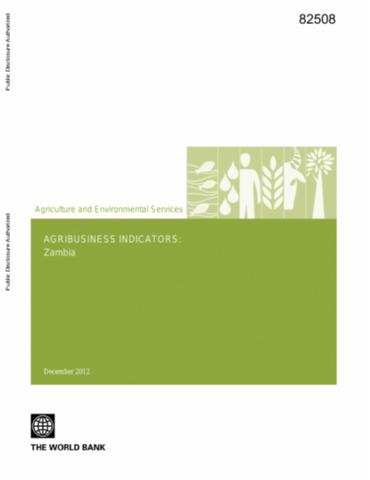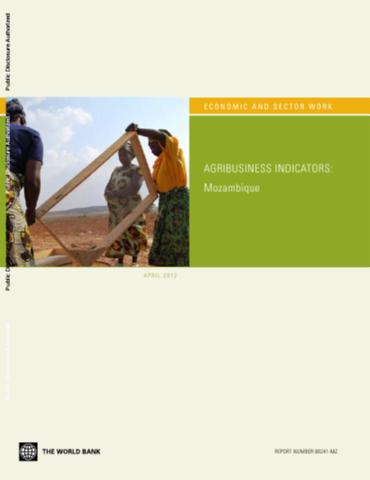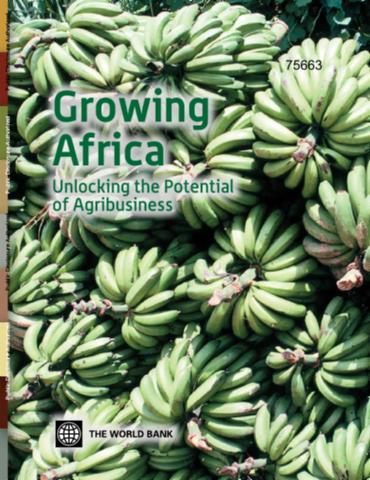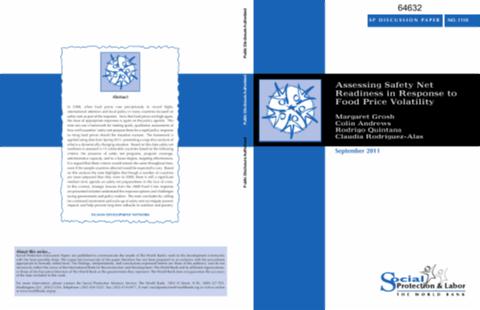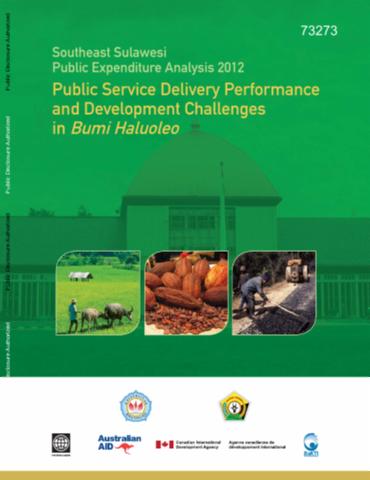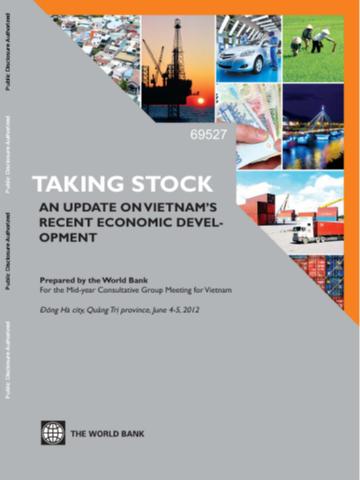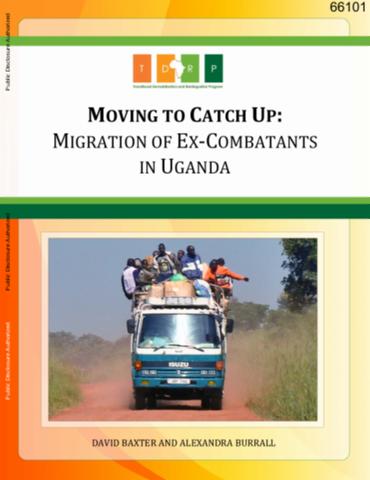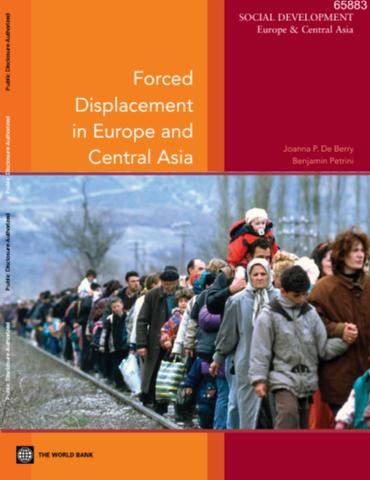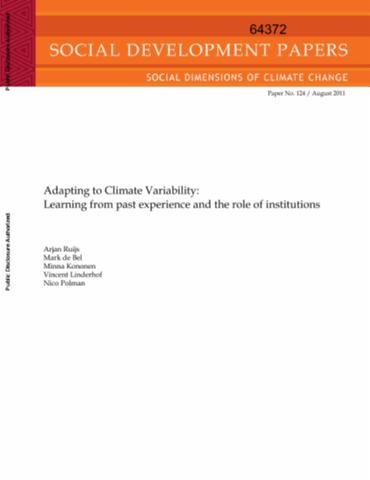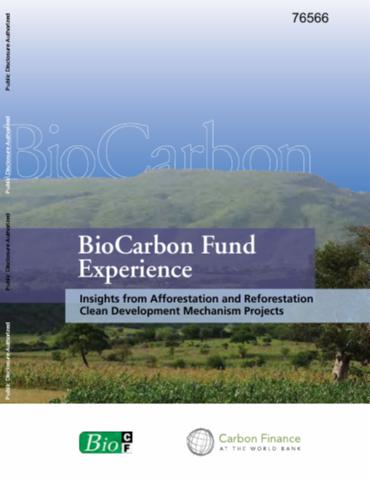Agribusiness Indicators
Agriculture and agribusiness play an important role in the Zambian economy, contributing around 20 percent of gross domestic product (GDP) in recent years and about 12 percent of national export earnings. Agriculture employs nearly 70 percent of the labor force and remains the main source of income and employment for most of the people living in rural areas. The objective of the Zambia agribusiness indicators (ABI) country report is to examine factors that have affected agricultural productivity, market access, and the policy environment for agriculture in Zambia.

